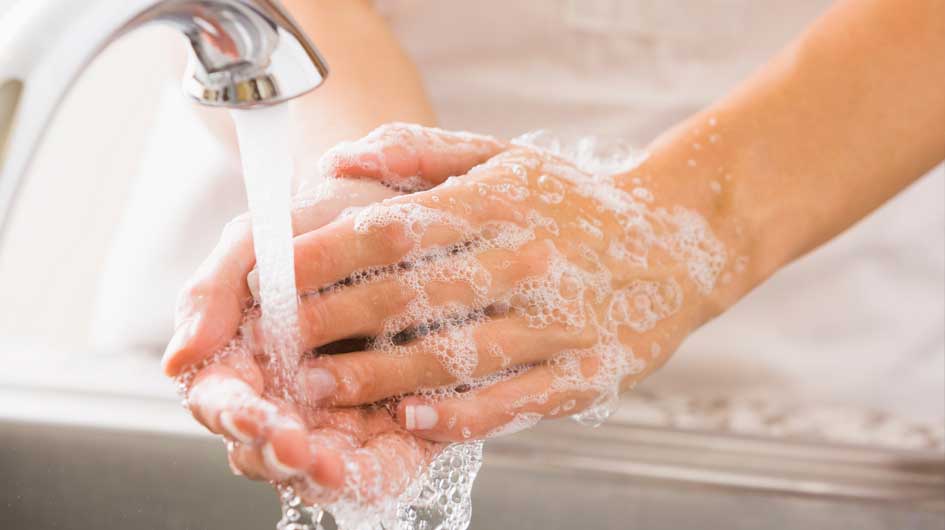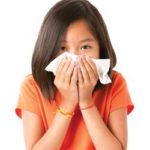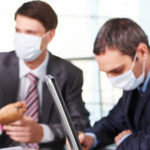Clean hands can help prevent the spread of pathogens and illness while reducing the risk of getting sick. According to the Centers for Disease Control and Prevention (CDC), regular hand washing can prevent 20 percent of respiratory infections and close to 30 percent of diarrhea related sicknesses.
Unfortunately, false information about hand washing practices exist today. Learn the truth about hand washing so you can effectively kill germs and help prevent illnesses with help from the experts at Cinlee Cleaning Services in Columbus Indiana.
FICTION: Washing your hands with hot water kills germs.
FACT: The CDC says water temperature doesn’t affect the number of microbes removed. If you use hot water, you may even be more vulnerable to germs. Hot water can dry out your skin, causing cracks bacteria can enter through.
The best way to wash your hands is with warm or cold water. Lather with soap and scrub all surfaces of your hands for at least 20 seconds to lift dirt, debris and germs. Then, rinse with warm or cold water to remove all the germs from your skin.
FICTION: Drying your hands doesn’t make a difference.
FACT: Wet hands are the worst culprits for carrying germs. To avoid carrying germs after hand washing, dry your hands completely with a clean paper towel or by rubbing your hands together under a hand dryer.
FICTION: Hand sanitizing is as effective as hand washing.
FACT: Hand washing is still considered the most effective way to remove germs, bacteria and microbes from your hands. Hand sanitizers are good to use in between regular hand washing. Hand sanitizers shouldn’t replace traditional hand washing.
When you do use hand sanitizers, use one with a 60 to 95 percent alcohol content to effectively fight off germs. Keep in mind that alcohol-based sanitizers don’t kill all types of germs, including norovirus, clostridium difficile and some parasites, according to the CDC.
MYTH: Always use antimicrobial soap.
FACT: The CDC explains that studies haven’t found any added health benefit from using antibacterial soap. The key is scrubbing your hands thoroughly.
The way you wash your hands can make all the difference in staying healthy. Properly killing germs help prevent your risk of getting sick. If you are a healthcare provider, there are hand hygiene guidelines available to help you stay healthy and avoid transferring germs.






